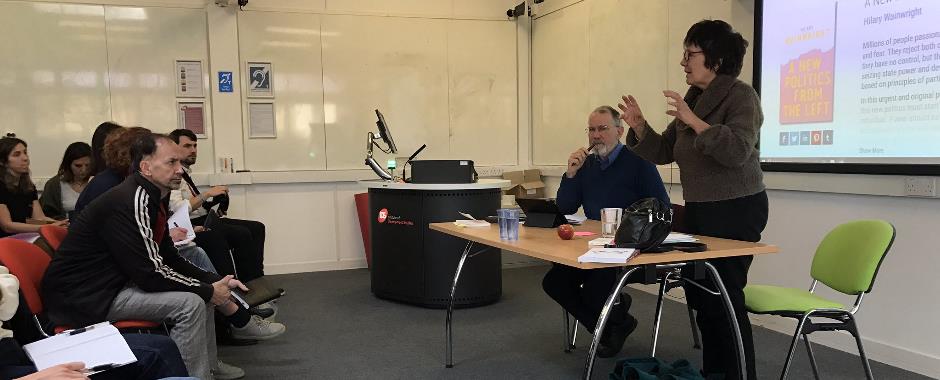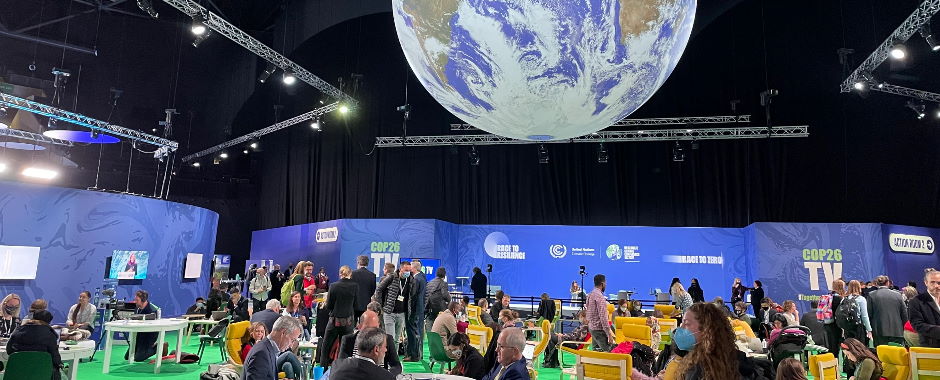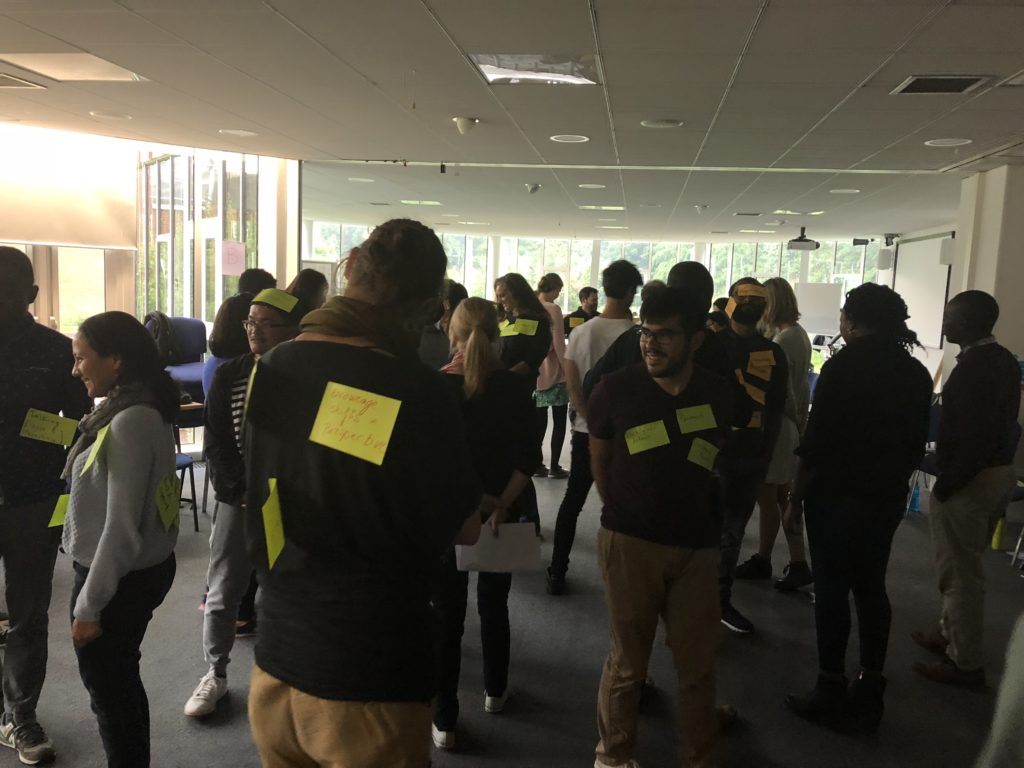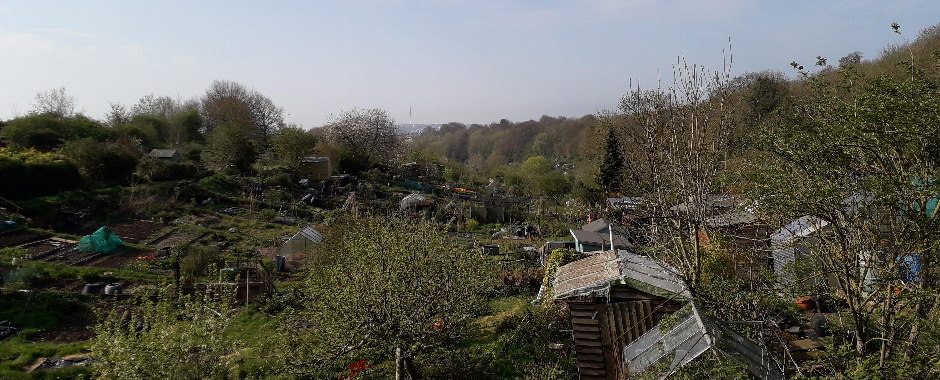The PATHWAYS Network aims to research and intervene in six sites around the world, using innovative methods. These are sites which face socio-ecological challenges – problems in which people and…
Methods – PATHWAYS Network
Why does public research money often fail to support sustainable and just food systems?
The European Union and its Member States spend considerable amounts of their budget on supporting Research and Development (R&D) activities. In the summer of 2019, the EU Commission announced how…
About us
Between 2006 and 2021, the ESRC STEPS Centre (Social, Technological and Environmental Pathways to Sustainability) carried out interdisciplinary global research uniting development studies with science and technology studies. Our mission…
Video: Hilary Wainwright on knowledge, politics and the left
On 31 October 2018 Hilary Wainwright, editor of Red Pepper magazine and author of the book ‘A New Politics From The Left’, spoke at a STEPS/IDS seminar at the Institute…
How to respond to Nature in crisis: look beyond the big stories
The STEPS Centre’s theme for 2020 is Natures. In this introductory blog post by Amber Huff and Nathan Oxley, we look at four lines of enquiry that can help us…
COP26: Two worlds talked past each other – or never even met
At the 2021 UN climate change conference in Glasgow, moving between the corporate slickness of the official “Blue Zone” (a UN-managed space which hosts the negotiations) and the wider fringe…
Are Elsevier corrupting open science in Europe?
Elsevier – one of the largest and most notorious scholarly publishers – are monitoring Open Science in the EU on behalf of the European Commission. Jon Tennant argues that they…
Skills for Sustainability Research
By Fateme Zare, Victoria Evia and Michael Kriechbaum What skills and dispositions do researchers require for sustainability and transdisciplinary research? In this blog post, we want to provide insights on this…
UN Conference on S&T for the Benefit of the Less Developed Countries
The 1963 United Nations Conference on Science and Technology for the Benefit of Less Developed Countries, held in Geneva, involved some 1,665 delegates from 96 countries and 108 specialized agencies, with sessions devoted to science policy, education, and natural resources, among others, and was intended to address the economic gap between ‘developed’ and ‘developing’ countries.
Food in the time of Covid-19: how can local action and national coordination work together?
As we approach the end of week 7 of the UK government’s Covid-19 social distancing measures, we have been witnessing a combination of remarkable efforts to sustain the country through…





